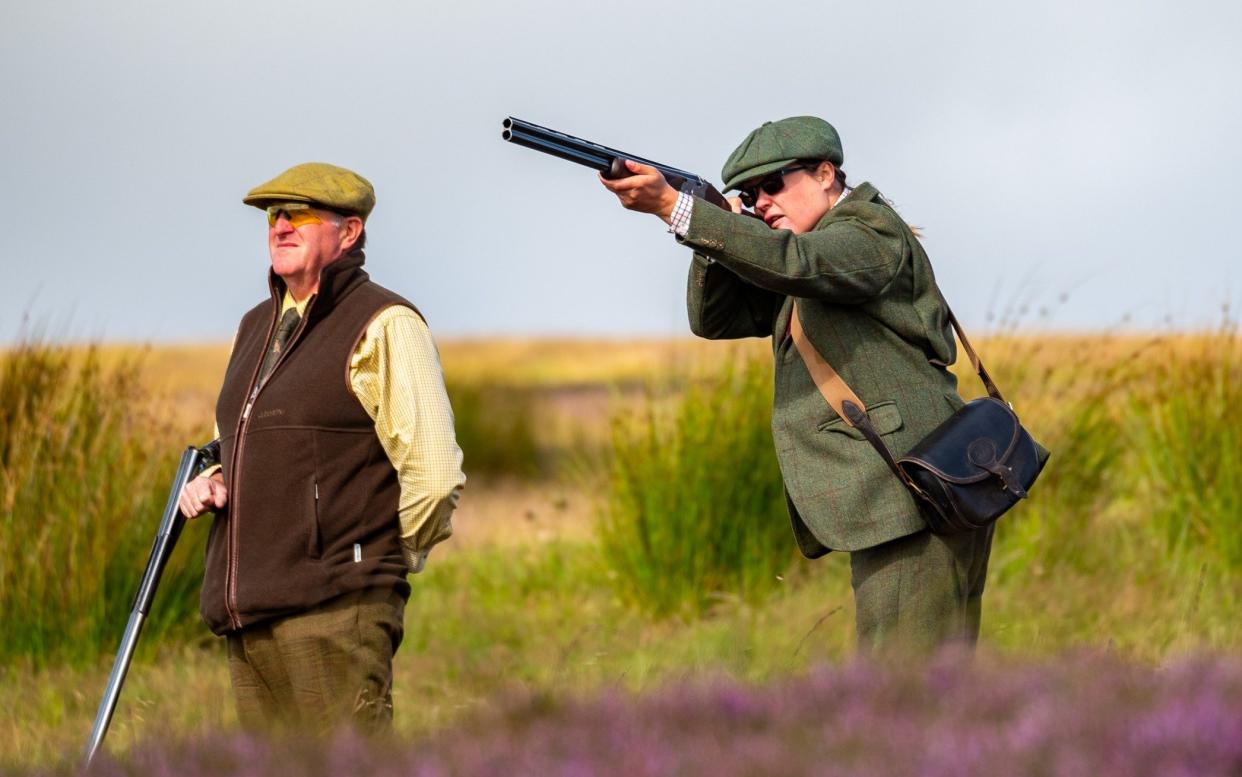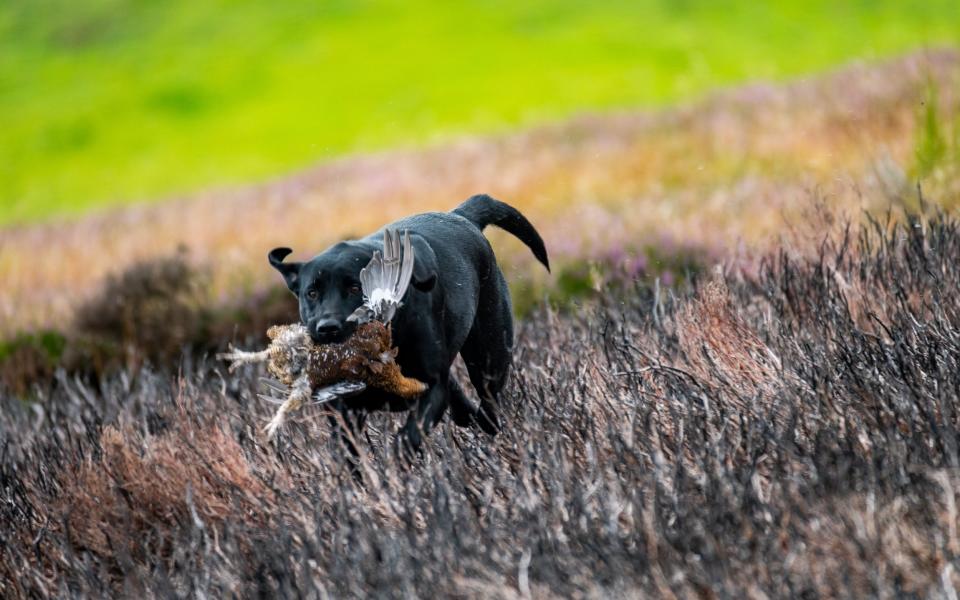The Glorious Twelfth is about so much more than shooting grouse

It clanged into my email inbox like the dreaded toll of a funeral bell. The subject line “Grouse”, the message I had dreaded. “Sadly the grouse at Ballogie has been called off,” penned one of my oldest pals. I could almost sense the heavy droplets of his tears splashing on to his keyboard as he typed those fearful words.
I read the email with the generous promise of “next year”, then let out a sigh so heavy and long that my neighbours might almost have thought there was unseasonal westerly blowing off Exmoor.
As has been widely reported, a perfect storm of crises has hit the realm of game shooting (perfect storms hitting virtually everything we do right now) with at least a third of shoots calling it off in advance of this autumn’s season and – when it comes to grouse, right at the eleventh hour, to boot – with today being the so-called Glorious Twelfth.
With most pheasant and partridge shooting, birds are raised as what are called poults on farms across the UK. Those young birds are then sold to shoots with gamekeepers putting them down across the summer into larger release pens, where feed is kept to tempt the birds to stay once they are allowed to roam more widely, before the season begins in earnest from early September and October to the following February.
Many of the eggs for those poults are incubated and hatched in France, in the Loire Valley in particular. But bird flu in the region and Brexit import delays have both decimated numbers and raised prices to exorbitant levels.
The maths in game shooting is already bonkers. A bird in the air can cost around £60. Once it hits the ground you’re talking pennies. So, some shoots, reckoning the bird numbers and the prices are too high, are simply cancelling the season. One figure, via the shooting website Guns on Pegs, suggests 30 per cent of shoots might decide to cancel.

And this isn’t just irritating for the obsessive guns (those who shoot) whose autumn and winter is made up of shooting and then other boring stuff like working and being at home. It’s devastating for the local industries that rely upon this ancient sport. Think of the country inns and hotels who put up guests, the taxi drivers who ferry people about, the chefs, cooks and those who serve and clean, and people like the pickers-up; those who literally make a living across the shooting season working their dogs to pick up shot birds.
But these travails aren’t responsible for my cancelled grouse days. Grouse are different. They are not “put down”, they are natural, endemic birds, in particular the red grouse variety. So they rely on the environment in which they live to be beneficial to their existence. Which means they like good quality heather to nestle in and eat from, and a gentle spring for young chicks to survive.
This year saw late, savage frosts in parts of Scotland and North Yorkshire and a lack of rain in 2021 has affected the heather. And, of course, there’s the march of the Scottish National Party against English landlords; the very idea of grouse shooting and allegations that gamekeepers have illegally killed predatory birds who threaten their beloved grouse. Oh, and if they ban lead shot it means one can’t use one’s Purdey so what’s the bally point anyway?
So what else are we supposed to do in August? Deer stalking is over-complicated, cumbersome and I don’t like the noise or recoils of rifles. And it’s just as hot in the Highlands as Corfu so there’s no point hopping on a plane.
But not being able to shoot grouse means a hell of a lot more than not being able to shoot grouse. The very word, for me, conjures up and evokes thoughts of freedom, happiness and adventure. I depart the domestic scene and hit the long road north with just me, my radio, my Labrador Cyrus in the boot and my thoughts. I stop in the Borders with old friends who have amazing fruits and produce from their garden and an even more exciting wine cellar.
Then it’s the divine road above the Cairnwell Pass and past Glenshee and into Aberdeenshire. I skirt Balmoral, spotting the odd royal convoy, and eventually, arriving at my pal’s place, it’s a few blissful days of conversation, river swimming, a bit of fishing and then the labour of walked-up grouse. There’s the almost miraculous thrill of watching pointers (the dogs) freeze as they sense birds, then the hush as we edge forward before a little flurry squarks and flies off as we blast away hoping for a brace.

Lunch might be back in the car after a huge hike, sheltering in the pouring rain as we eat our “piece”, our now squashed ham rolls.
But far greater is the eating of the bird. That deep and rich taste, served slightly pink on toast spread with its livers, with bread sauce and a good claret.
I’ll find a restaurant soon that may do the latter. But it won’t taste the same without the mileage, the wine and the memories.

 Yahoo Movies
Yahoo Movies 
